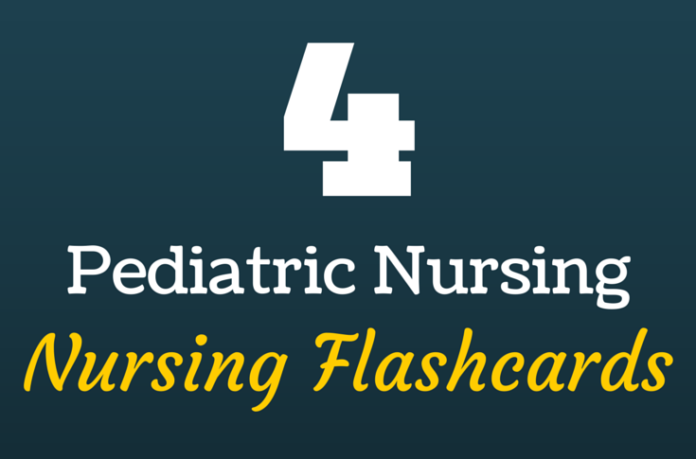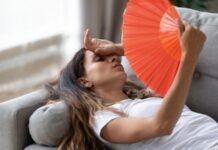1. Kawasaki Disease.
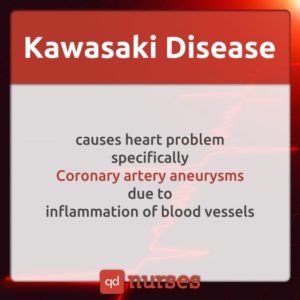
Kawasaki Disease refers to a condition that causes inflammation in the walls of medium-sized arteries throughout the body, including the coronary arteries. It affects lymph nodes, skin, and the mucous membranes inside the mouth, nose, and throat.
Signs and symptoms include fever which often is higher than 102.2 F (39 C) and lasts more than five days; extremely red eyes (conjunctivitis); a rash on the main part of the body (trunk) and in the genital area; red, dry, cracked lips; extremely red, swollen tongue (strawberry tongue); swollen, red skin on the palms of the hands and the soles of the feet; swollen lymph nodes in the neck and perhaps elsewhere; irritability; peeling of the skin on the hands and feet, especially the tips of the fingers and toes; joint pain; diarrhea; vomiting; and abdominal pain.
2. Medulloblastoma.
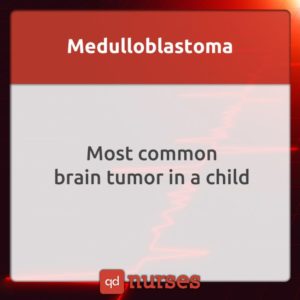
Medulloblastoma is the most common brain tumor in a child, and is always located at the cerebellum. Symptoms of medulloblastoma include changes in behavior and appetite; symptoms of increased intracranial pressure such as headache, vomiting, nausea and drowsiness; and unusual eye movements. Treatment consists of surgical removal, radiation, and chemotherapy.
3. Signs of CHF in infants.
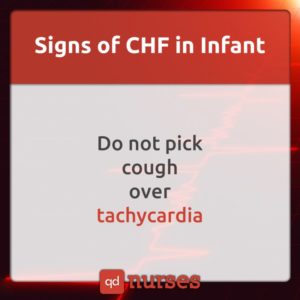
Congestive Heart Failure occurs due to the heart’s inability to keep up with hemodynamic needs, and may result from worsening systolic and/or diastolic dysfunction. Infants with Congestive Heart Failure (CHF) usually experience non-specific signs such as irritability, diaphoresis, tachycardia, tachypnea, and failure to thrive.
4. Toilet Training.
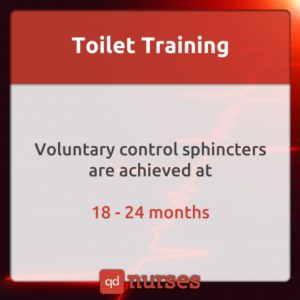
Toilet training success depends not on the child’s specific age, but on physical and emotional readiness. Some kids show interest in toilet training by age 2, but others may not be ready until age 2 ½ or even older. If child resists using the toilet or potty chair, chances are he or she is not ready yet.
See More:
1. Nursing Flashcards (Communicable Diseases)
2. Nursing Flashcards (Diagnostics and Lab Procedures)
3. Nursing Flashcards (Fundamentals of Nursing)
4. Nursing Flashcards (Medical-Surgical Nursing)
5. Nursing Flashcards (Nutrition)
6. Nursing Flashcards (Obstetrics and Newborn Care)
7. Nursing Flashcards (NCLEX Tips/Psychiatric Nursing)
8. Nursing Flashcards (Pharmacology)


